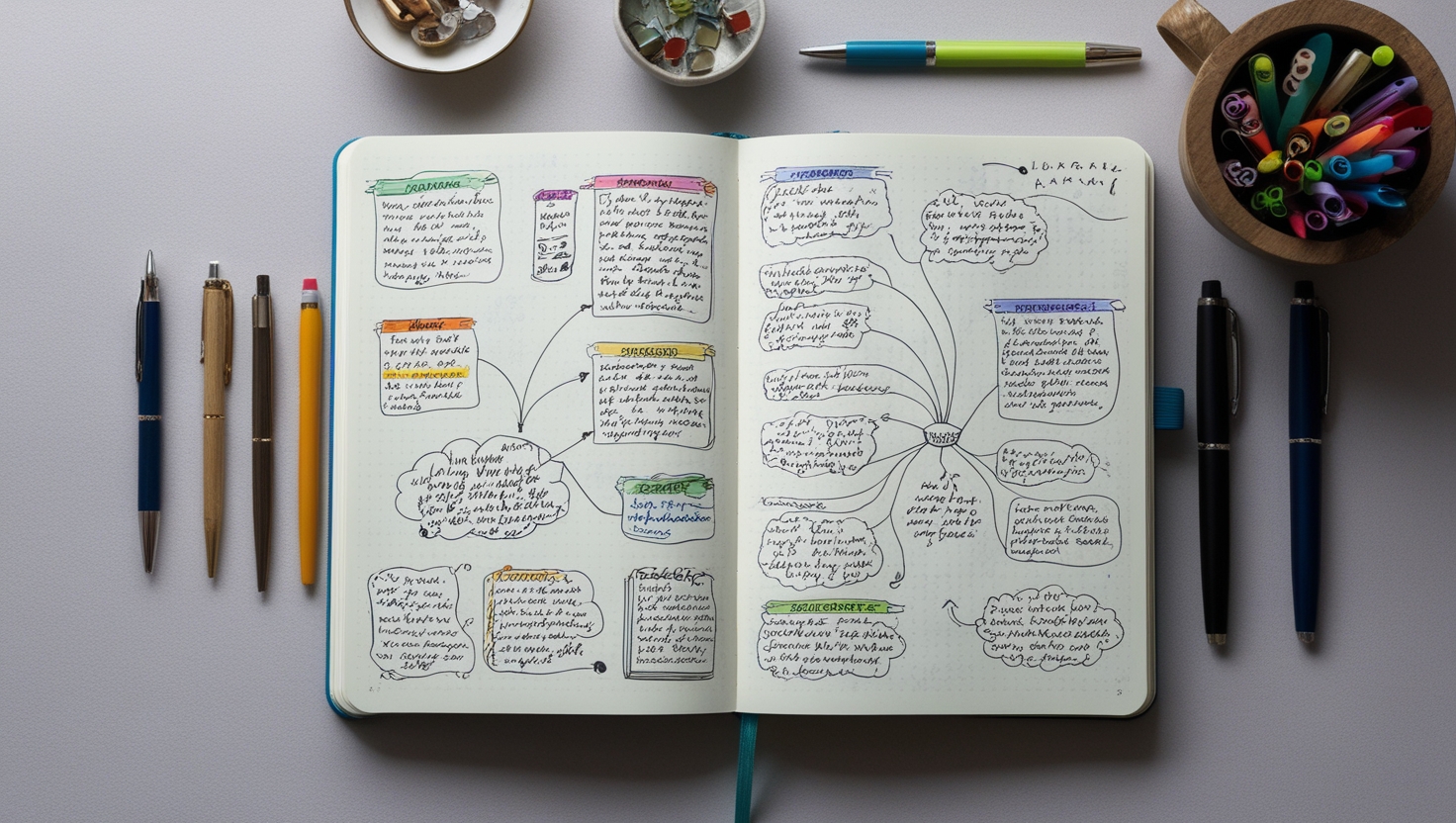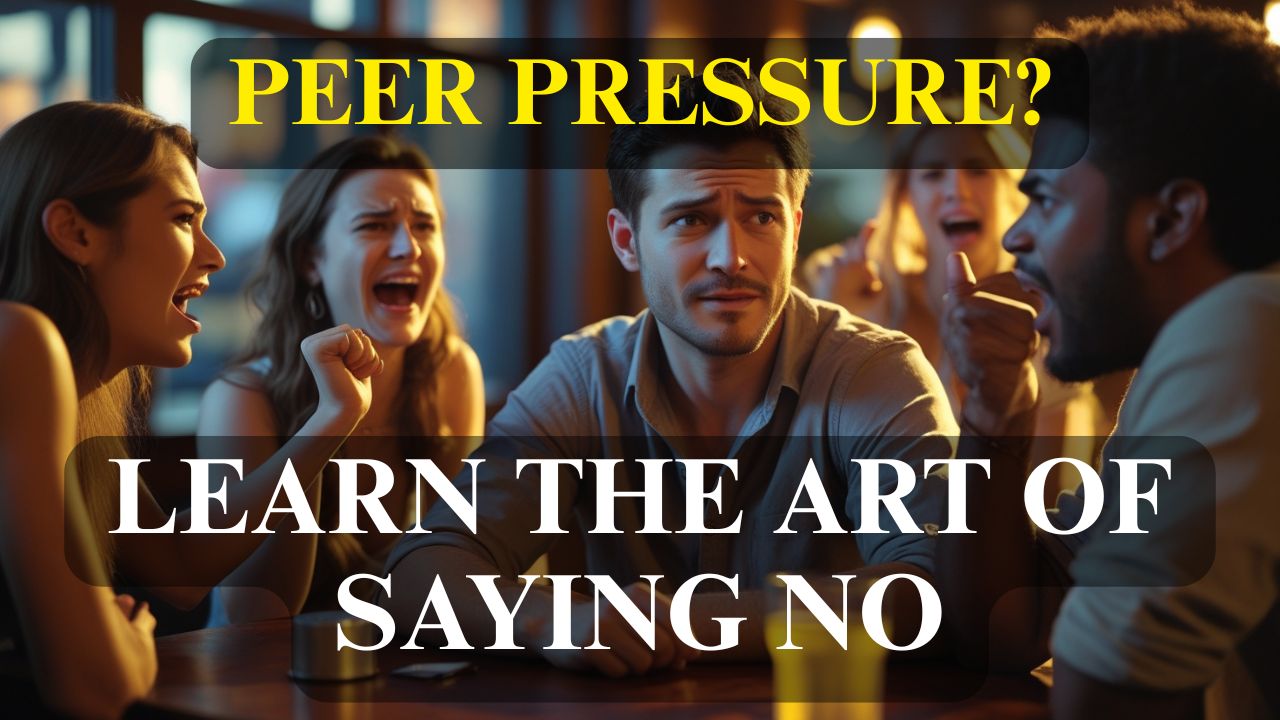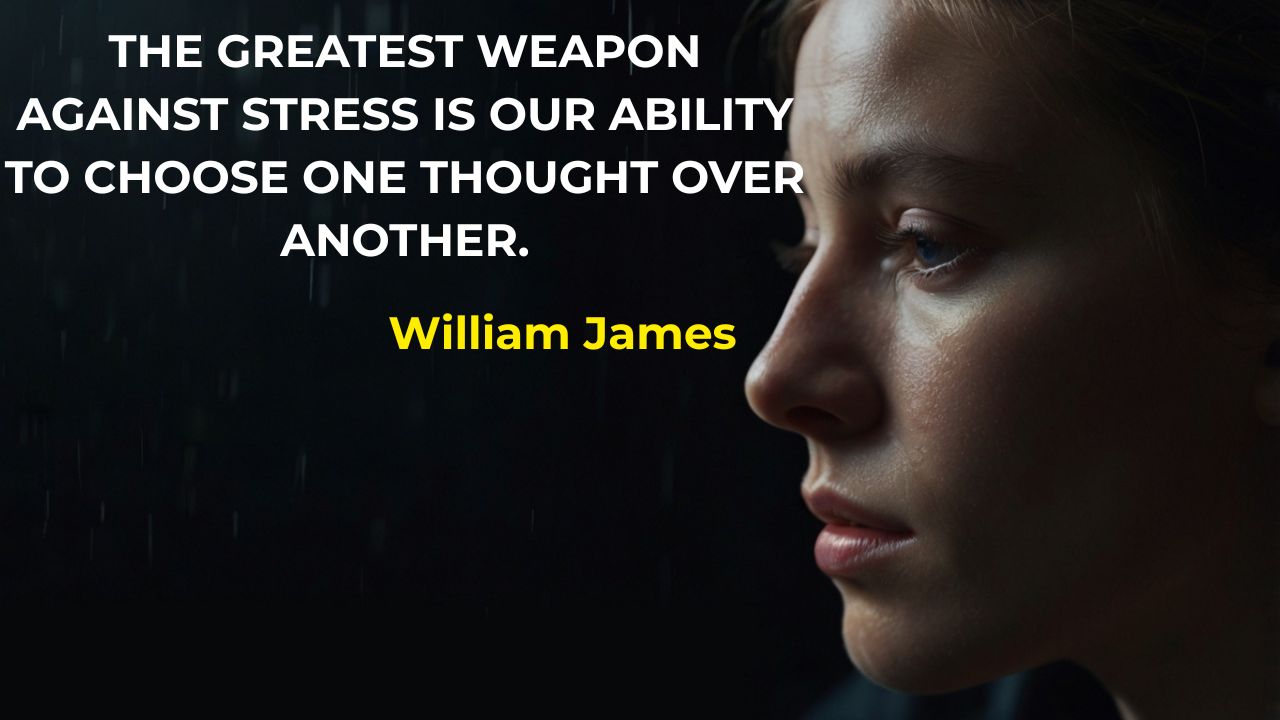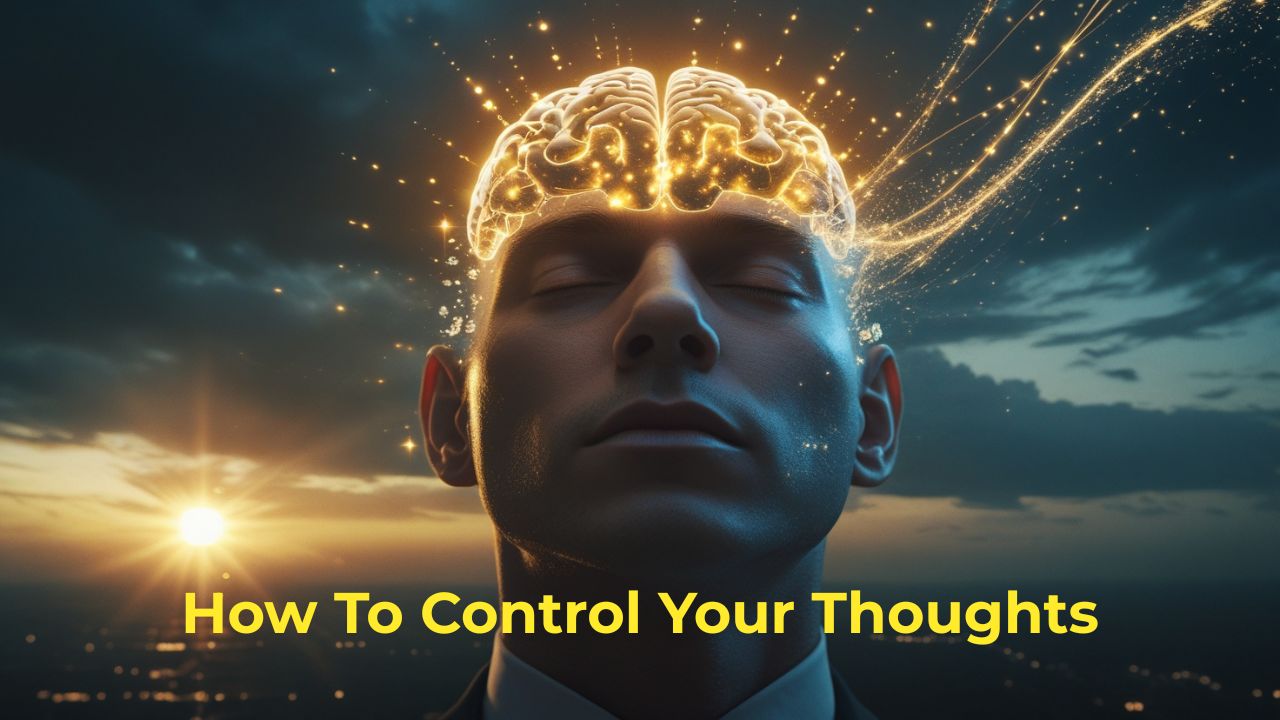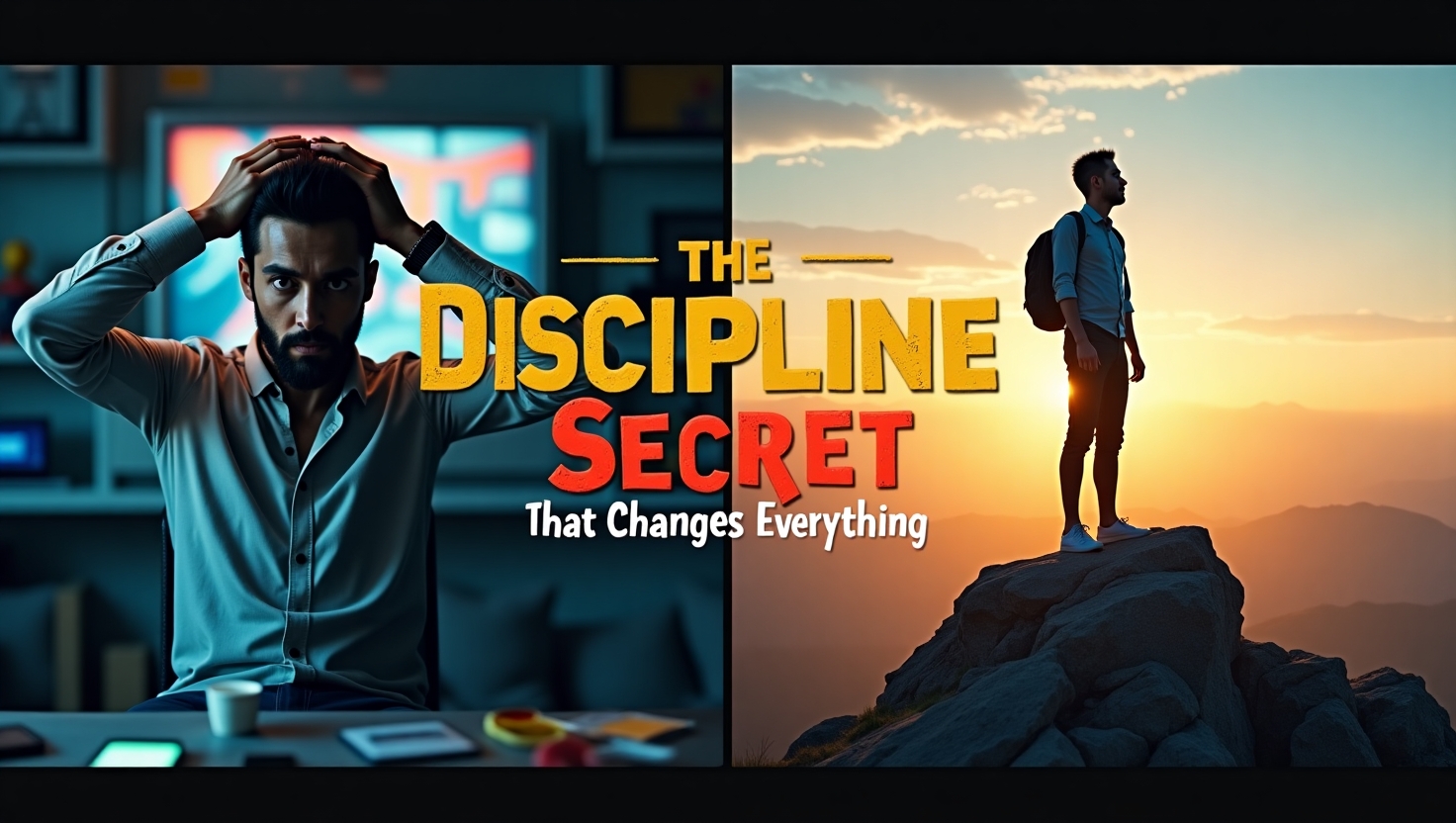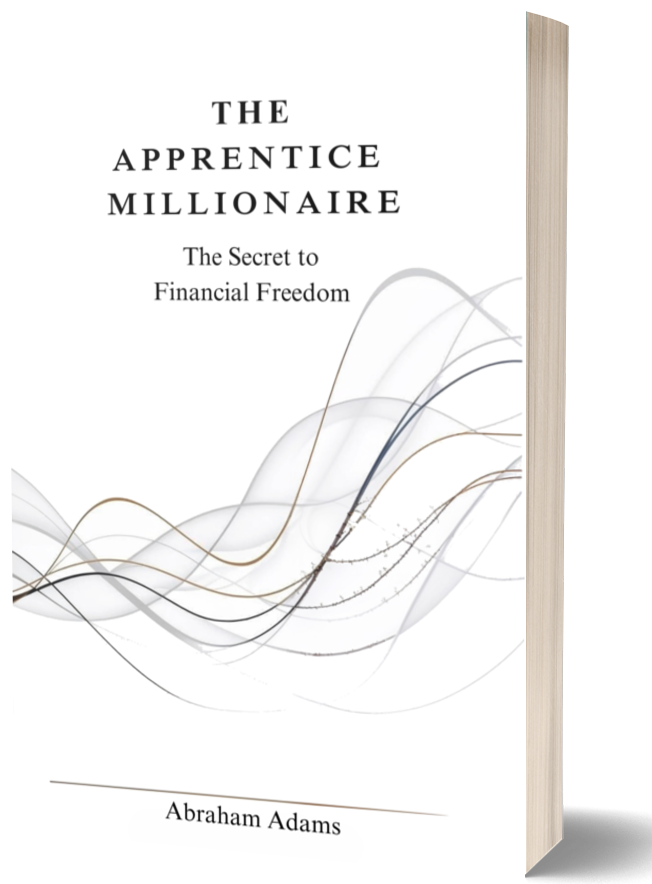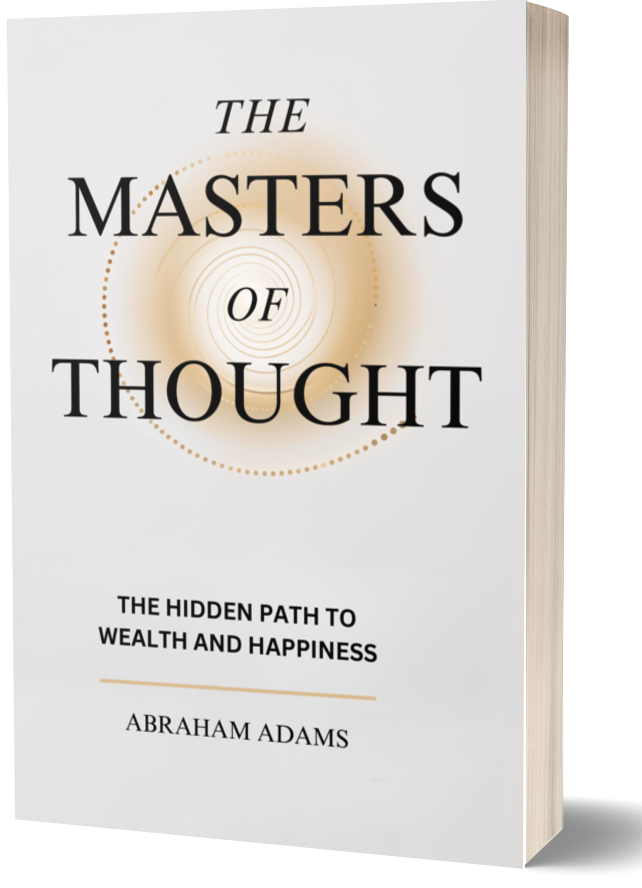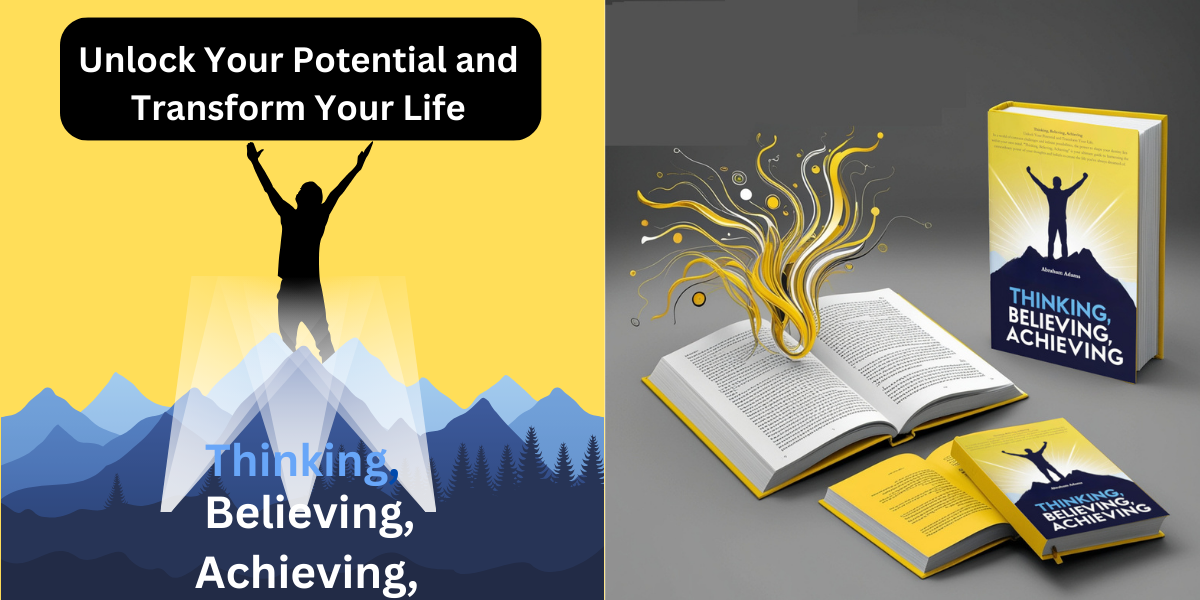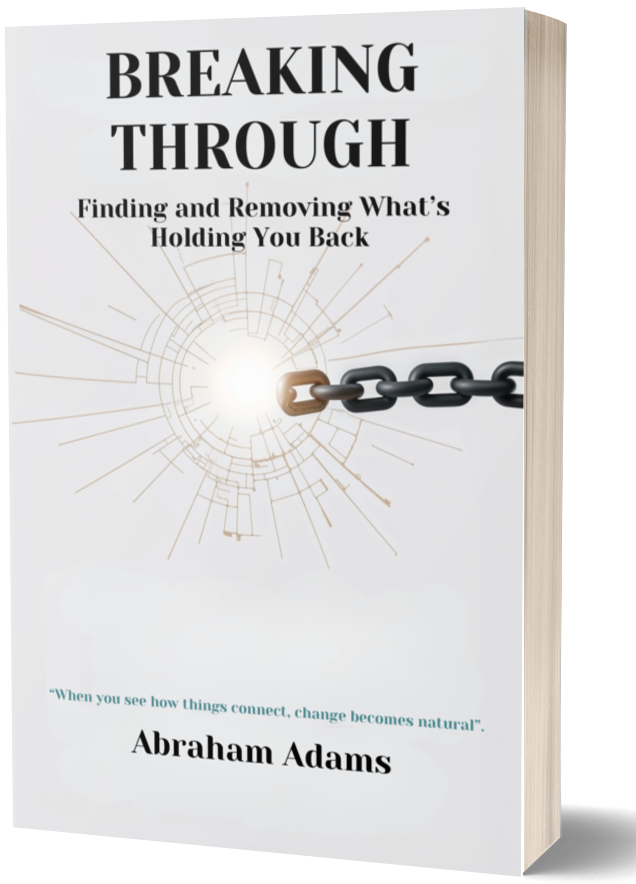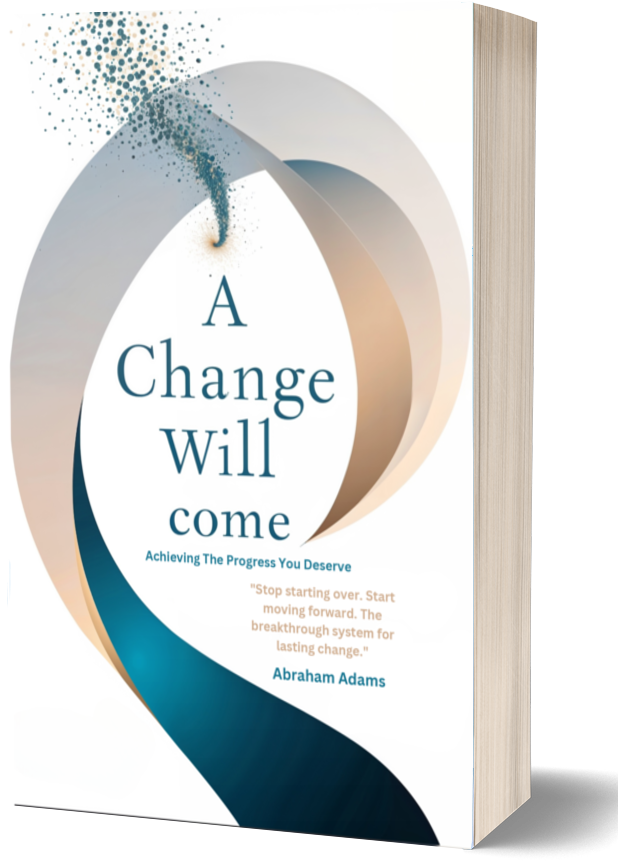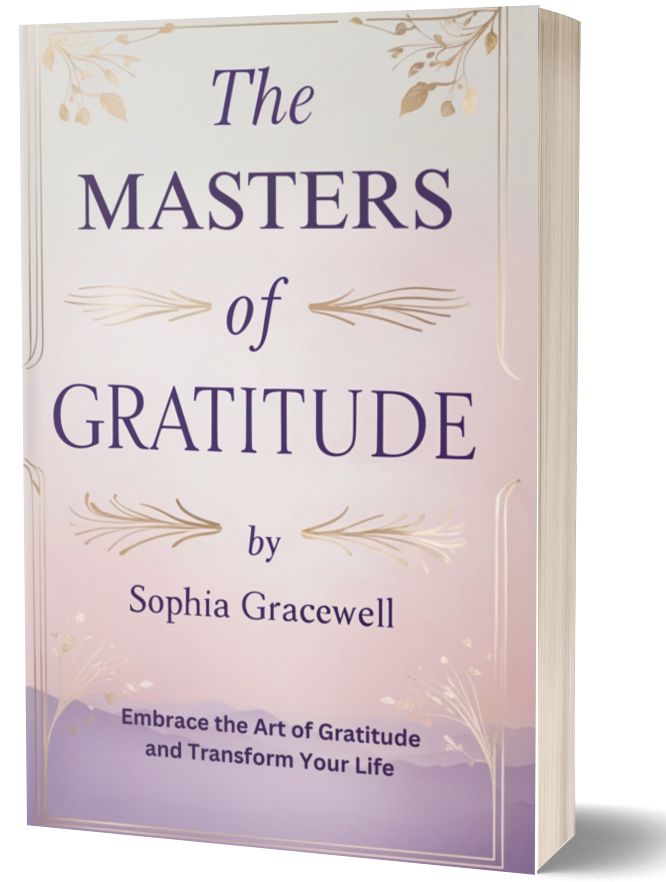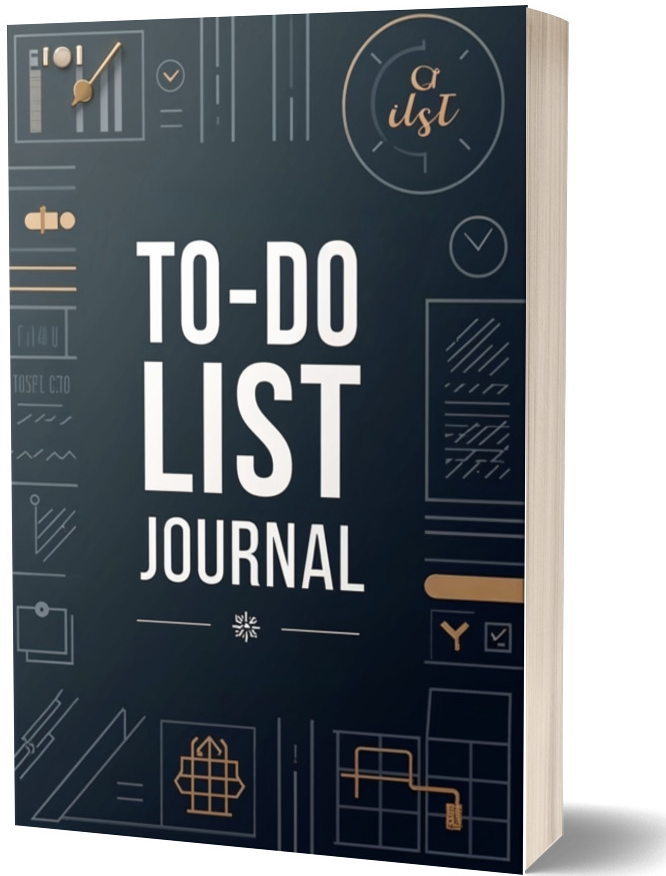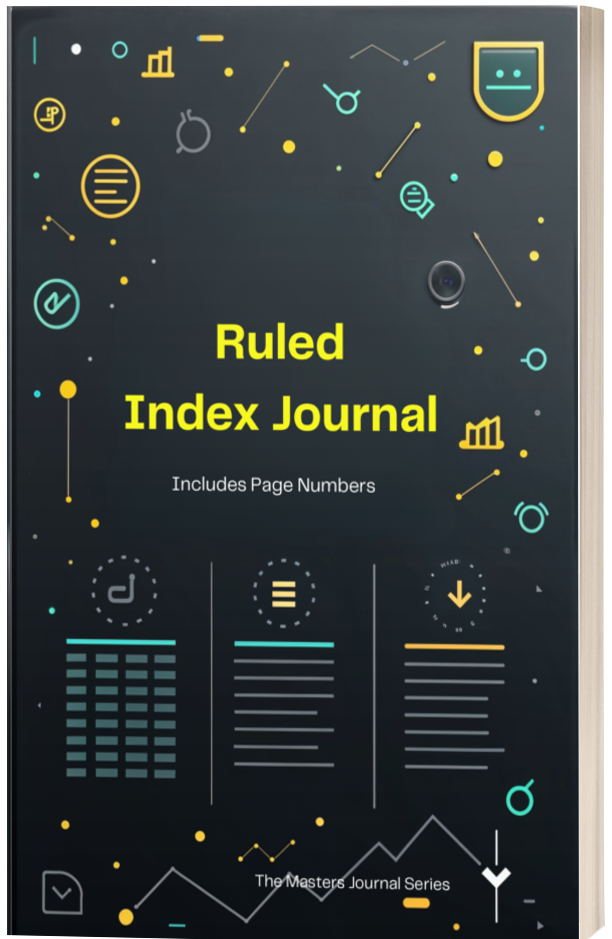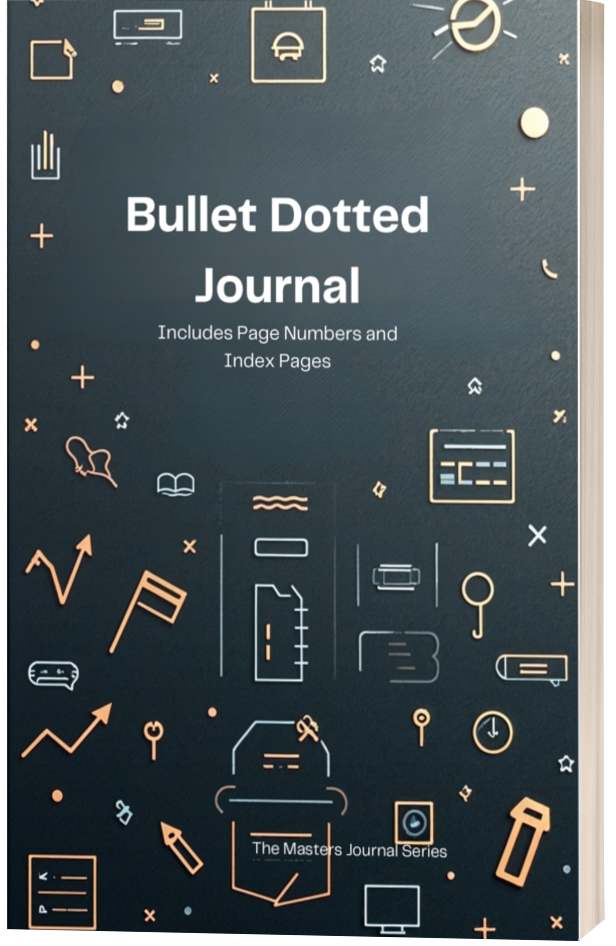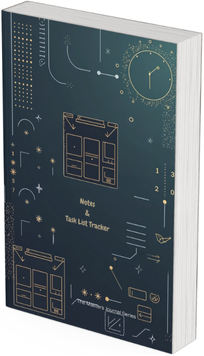Understanding If-Then Reasoning: A Simple Way to Think About Life
Life is full of decisions. Every moment, you are making choices that shape your reality, whether you’re aware of it or not. One simple way to understand and navigate those decisions is by using a powerful method called "If-Then reasoning." Let's break it down in easy-to-understand terms and see how it can help you make better decisions, solve problems, and create the life you want.
What is If-Then Reasoning?
At its core, If-Then reasoning is a logical way of thinking that connects situations and actions. It’s like a mental formula:
If something happens, then another thing will happen as a result.
In other words, it's a way of predicting outcomes based on specific actions or events. It helps us understand the cause-and-effect relationship between things. You can use this type of reasoning every day, in almost any situation, to make smarter decisions and figure out how your actions influence the world around you.
Breaking it Down: A Simple Example
Let’s take a simple scenario:
If I eat too much junk food, then I might feel sluggish and gain weight.
This statement makes it clear that eating junk food (the "if") can lead to feeling tired and gaining weight (the "then"). It shows a cause-and-effect relationship between your actions and the outcome. Understanding this connection helps you make better decisions, like choosing healthier food to feel more energetic and avoid unwanted weight gain.
How If-Then Reasoning Helps You Understand the World
Clarity in Decision-Making
When you think in terms of "if-then," it helps you clarify the potential consequences of your choices. For instance:
If I wake up early, then I’ll have more time to work on my goals before the day gets busy.
If I ignore my finances, then I may struggle with money later.
Seeing the possible "then" helps you make decisions with confidence. You can think about what you want to achieve (the “then”) and choose actions (the “if”) that will get you closer to that goal.
Problem-Solving Made Easy
If-then reasoning is a great tool for solving problems. Let’s say you're trying to fix a broken phone. You might use reasoning like:
If I restart the phone, then it might fix the issue.
If restarting doesn’t work, then I’ll try charging the battery.
By breaking the problem into smaller, manageable steps, you can clearly see how each action might lead to a solution. It helps you avoid feeling overwhelmed by focusing on one logical step at a time.
Predicting Outcomes
If-then thinking is also helpful when you want to predict how different situations might unfold. For example:
If I practice a new skill every day, then I’ll get better over time.
If I invest in my health, then I’ll likely feel more energetic and live a longer life.
By thinking about the “if” and the “then,” you can make choices that are aligned with your long-term goals and values.
Applying If-Then Reasoning to Your Everyday Life
You can use If-Then reasoning to think about almost anything, from personal goals to social situations. It helps you avoid knee-jerk reactions and makes you consider the bigger picture. Here are some examples:
If I take a break every hour while working, then I’ll feel more focused and productive.
If I practice gratitude daily, then I’ll feel happier and more content.
If I plan my day ahead of time, then I’ll have more free time to relax.
By using If-Then reasoning, you start to see the world more logically. You recognize that your choices and actions create the results you experience.
How If-Then Thinking Builds a Better Future
Thinking in terms of If-Then can help you make proactive choices instead of reactive ones. By considering how your actions today will impact your future, you can make decisions that bring you closer to your dreams. It’s about taking control of your life and understanding that your decisions have power.
For example:
If I invest in my education today, then I’ll have better job opportunities tomorrow.
If I spend time nurturing my relationships, then I’ll build a strong support network that will last for years.
By using If-Then reasoning, you can consciously shape your future, step by step.
The Power of Positive If-Then Thinking
One key thing to keep in mind is that your “if” doesn’t always have to be something negative or restrictive. In fact, If-Then reasoning can be a tool to help you create positive habits.
If I spend 15 minutes a day meditating, then I’ll feel more at peace.
If I set aside time to read, then I’ll expand my knowledge and perspective.
By framing your actions in a positive light, you are reinforcing healthy, empowering habits that can transform your life.
Conclusion
If-Then reasoning is a simple, effective way to understand how the world works. It’s a tool that helps you make decisions with clarity, solve problems efficiently, and predict the outcomes of your actions. By applying this way of thinking to your everyday life, you can take charge of your future, one logical step at a time.
So, next time you face a decision, big or small, ask yourself: If I do this, then what will happen? The more you practice this way of thinking, the better you’ll become at creating the life you want.
- Audio Articles
- Audio Articles 1
- Audio Articles 2
- Audio Articles 3
- Audio Articles 4
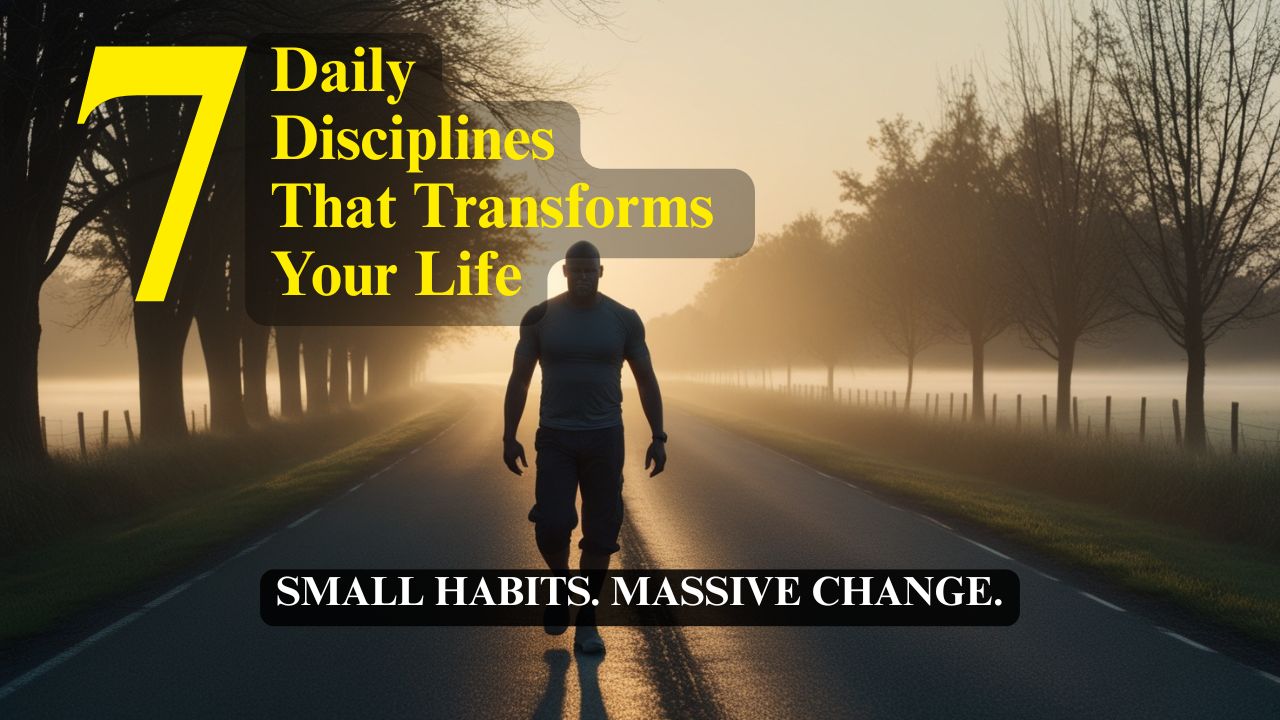
7 Daily Disciplines That Transform Your Life
The power to act with intention, to align your actions with your values, and to move steadily toward a life of purpose—even on days you don't feel like it.
Read Full Article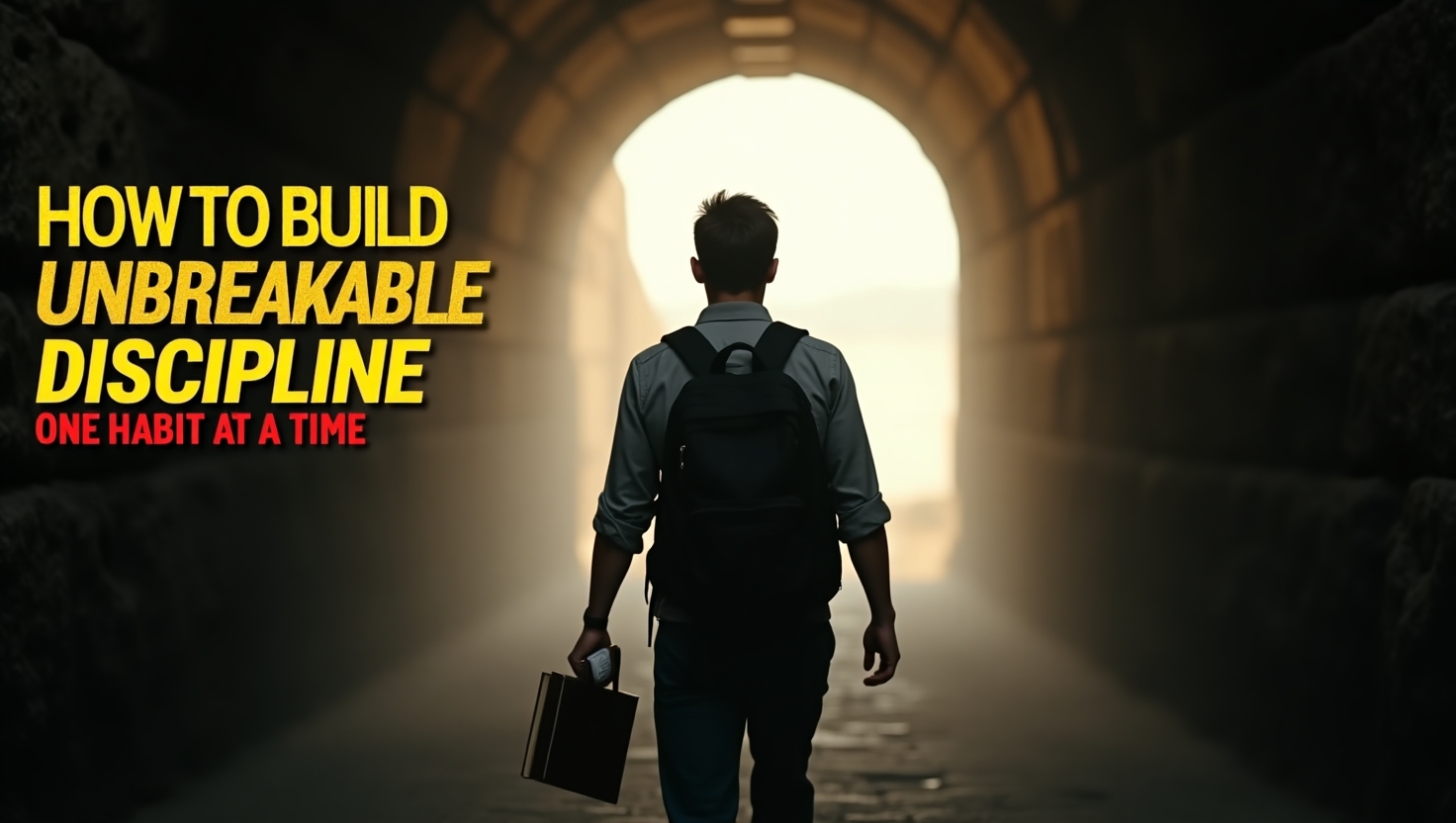
How to Build Unbreakable Discipline
Discipline is built—habit by habit, choice by choice, day by day. And the most powerful kind? The kind that doesn’t crack under pressure. The kind that becomes part of who you are.
Read Full Article
Why Motivation Fails And Discipline Wins Every Time
We all love the feeling of motivation—that surge of energy, that rush of inspiration that makes everything seem possible. But here’s the problem: motivation is unreliable. It’s emotional. It comes and goes. And if your goals rely on you “feeling like it,” you’re already in trouble.
Read Full Article
Discipline Over Desire
Desire is loud. It burns bright, talks fast, and loves to dream. But desire alone doesn't achieve much. Every person has desires. Very few have the discipline to bring them to life.
Read Full Article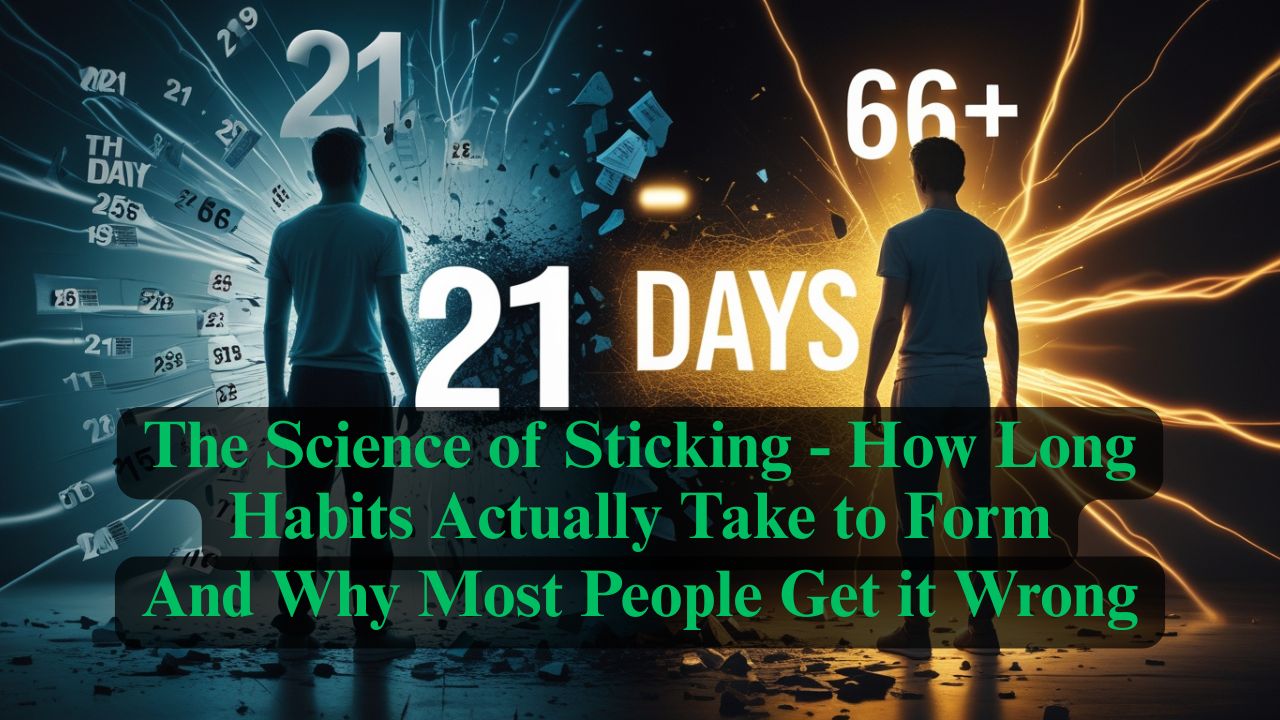
The Science of Sticking
If you've ever tried to build a new habit, you've probably heard that it takes 21 days. This number gets thrown around so often that it feels like scientific fact.
Read Full Article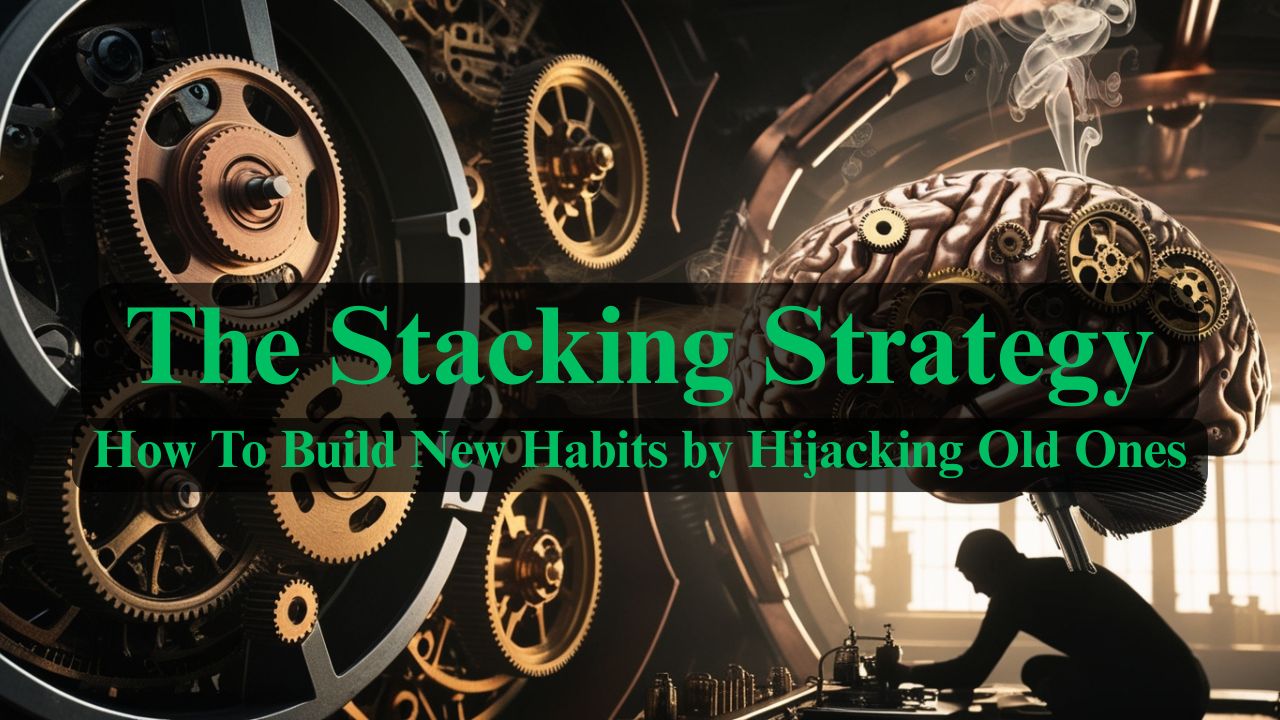
The Stacking Strategy
What if I told you that the habits you already have—even the ones you consider "bad"—could become the secret weapons for building the habits you want?
Read Full Article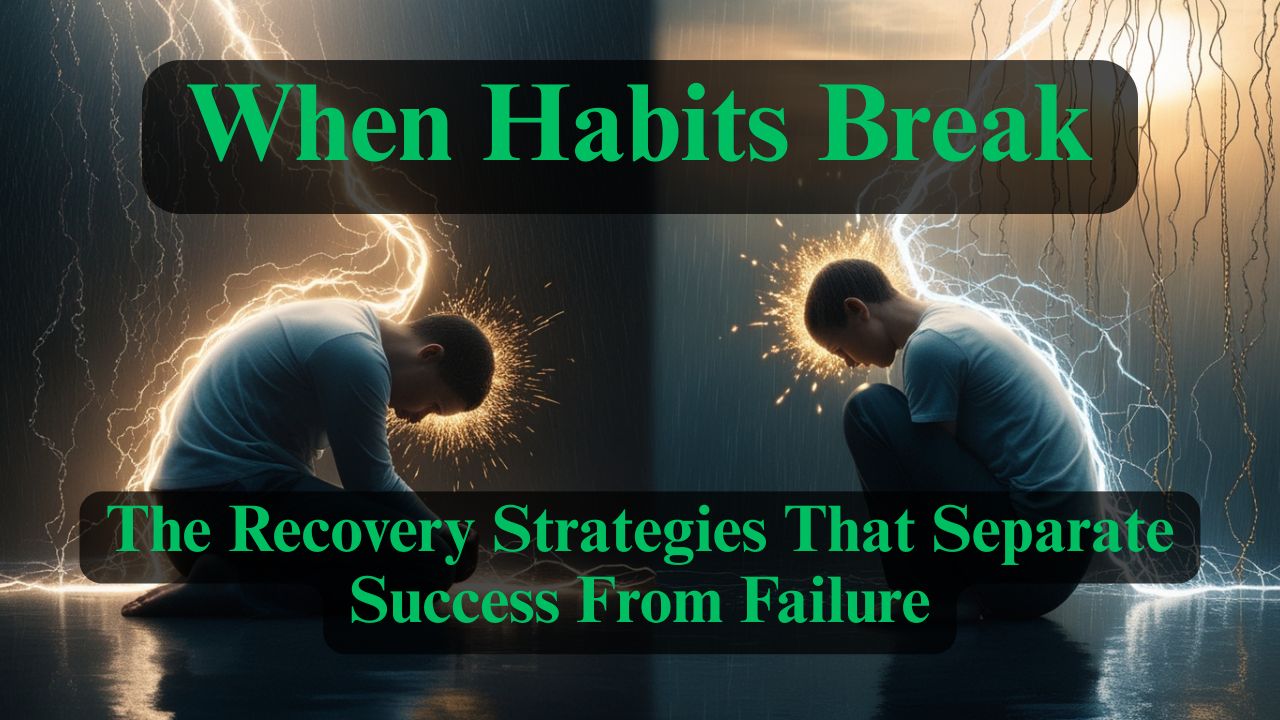
When Habits Fail - The Recovery Strategies That Separate Success From Failure
Here's what nobody tells you about building habits: you will fail. You'll miss days. You'll fall off track. You'll have weeks where everything falls apart.
Read Full Article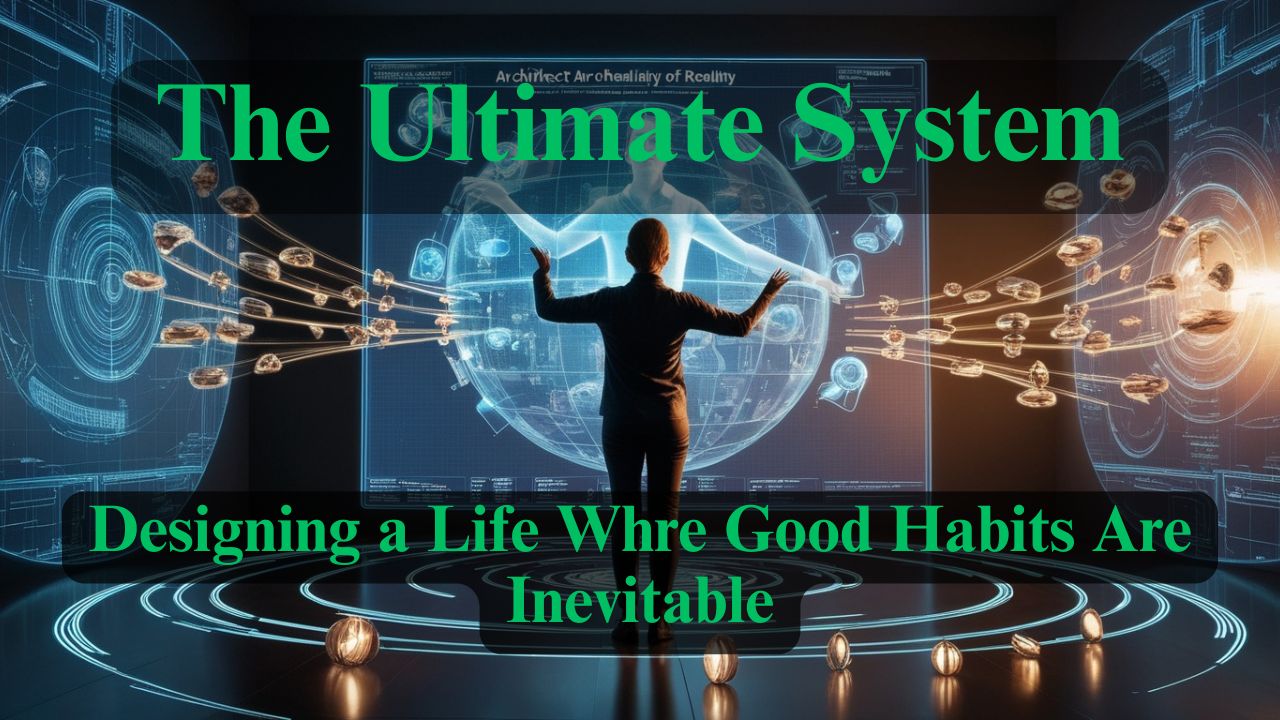
The Ultimate System - Designing a Life Where Good Habits Are Inevitable
You've learned to recognize habits, understand their formation timeline, stack them strategically, and recover from setbacks.
Read Full Article
